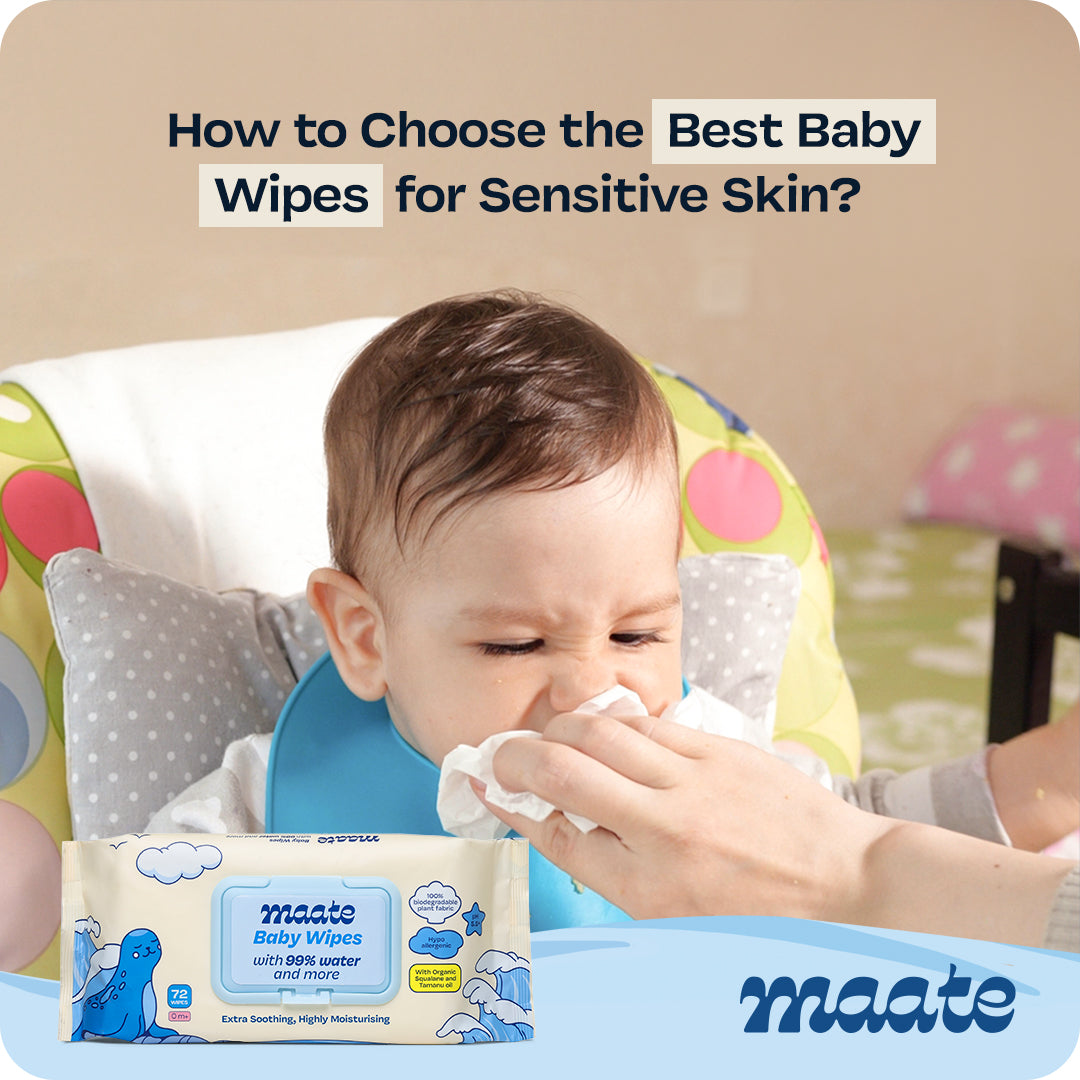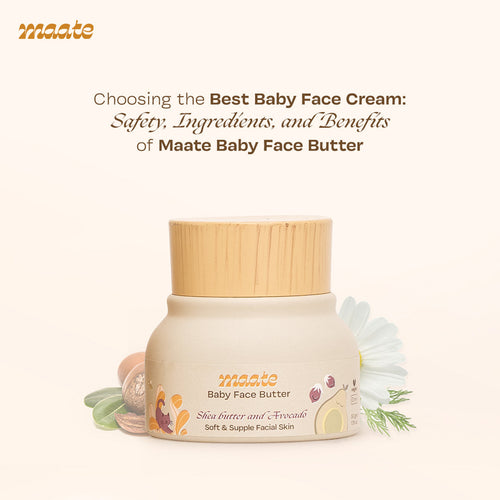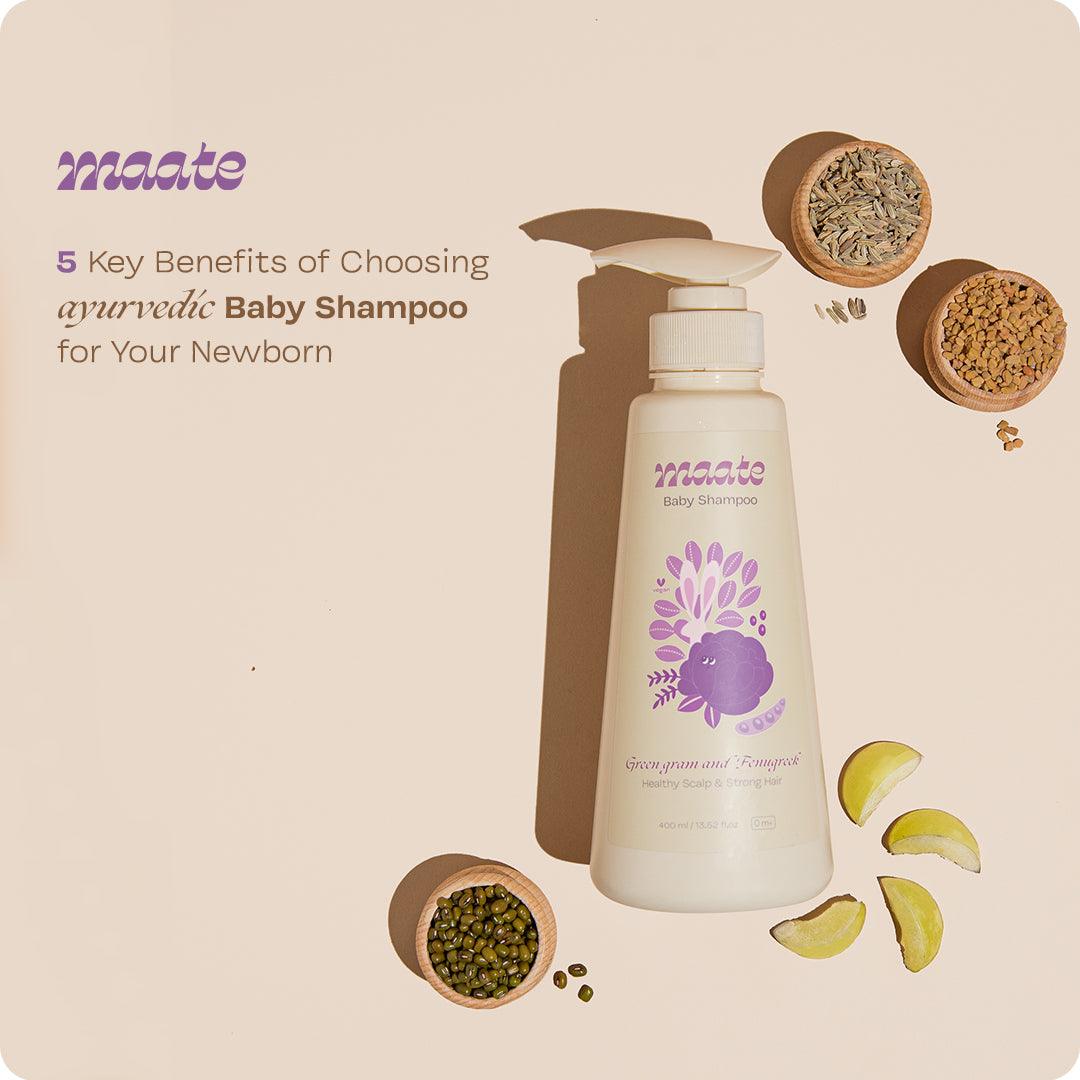Being a parent is no mean feat. Each day, as a new mum and dad, you make choices to ensure that you are providing your little one with the best, safest and most effective solution. When it is about your littlest bundle’s nutrition, health and baby care, most parents tend to buy products with labels that read “natural” or those without toxic substances or harmful chemicals.
Did you know that “natural” as a label does not necessarily mean “safe-to-use”? Baby care brands must pass regulation tests and certifications to be certified as safe and effective for babies. As new-age parents, it is a good idea to read and look up about these certifications such as “Ethically Sourced”, “Vegan”, “Sulphate-free”, “no artificial colour”, “not tested on animals” and others to doubly assure that you are trusting 100% natural baby products.
While there’s a seemingly endless list of substances that needs to be avoided in baby products, there are lots of safe choices you can settle for your little one’s body and skin. As parents, do you often wonder how to read product labels, especially for baby skin care products?
Here are some tips on how to choose safe products and read labels while buying baby products.
- Moisturizers: Your baby’s tender skin needs to be deeply moisturized for long-lasting hydration. Choose natural body butters over creams and moisturizing lotions. Check for natural ingredients like Shea Butter and Cocoa Butter and oils that are naturally emollient and keeps your baby all-day moisturized preventing dryness and patchy skin from all the play and outdoor fun.
- Baby Bath Cleanser: The American Academy of Paediatrics recommends using mild cleansers for little babies. These are cleansers with neutral pH that are less likely to cause adverse health effects. Choose a natural baby hair cleanser or body wash that is mild, gentle and doesn’t strip your baby’s body of its natural oils, keeping it supple and nourished.
- Mineral-based Sunscreen: For babies under 6months, Sunscreen is not recommended. For older babies, sunscreen must be applied only on uncovered skin that is exposed to direct sunlight. You can opt for physical Sunscreens or mineral-based sunscreens or variants that contain zinc oxide or titanium dioxide for babies to reduce possibilities of skin irritation.
- Synthetic Fragrance-free products: Nice smelling babies are always attractive. Hence, most baby care products contain cosmetic perfume or artificial fragrances. Artificial or synthetic fragrances are usually cheaper than plant-derived or natural sources and often sourced from petroleum by-products. Synthetic fragrances can cause allergic reactions like rashes and breathing distress. When you choose baby skin care products, be sure to choose the ones that don’t contain words such as “essential oil blend”’, “perfume”, “parfum”, “fragrance” etc.
- Paraben and Phthalets-free products: Parabens are used in various cosmetic products and is often a common source of irritation. They are a common ingredient in baby wash products like soaps and shampoos. Little babies have sensitive skin and easily absorb harmful substances like Paraben. Numerous studies have also linked Phthalets to a range of health disorders and must be avoided in baby skin care products.
Choosing safe and effective products targeted at babies is important. Ideally labels with trendy claims should be avoided. Learn more about the ingredients that the product contains to avoid skin allergies. The best way to get started on new products for your babies is to seek guidance from your baby’s health care provider.






